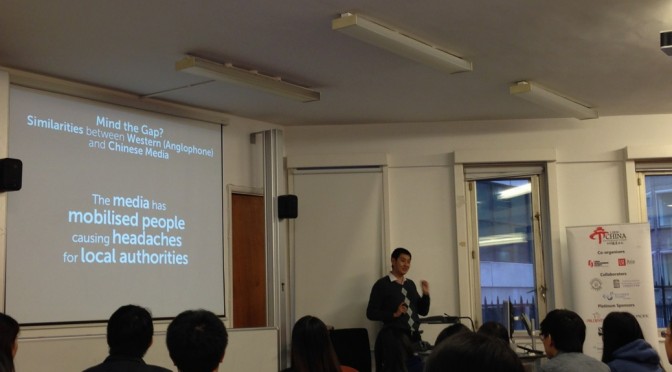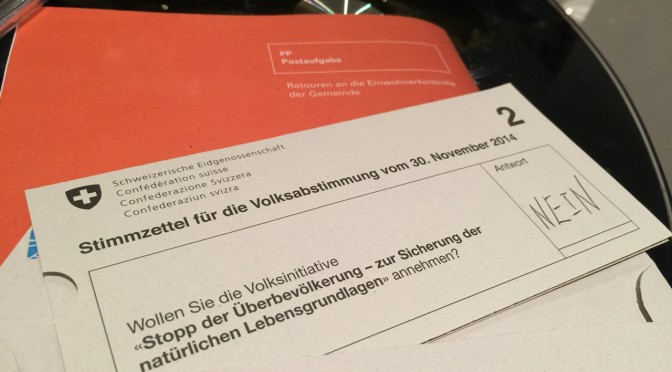All change, please!
This post has been updated and is now on a new version of this site.
This notice will remain online until 20 September 2016.
All change, please!
This post has been updated and is now on a new version of this site.
This notice will remain online until 20 September 2016.

All change, please!
This post has been updated and is now on a new version of this site.
This notice will remain online until 20 September 2016.
With a fair bit of regret — I’m announcing the Chinese language versions (simplified and standard traditional script) will arrive with huge delays. After talking to language specialists I have realised that the Chinese I am using is either too official or too “non-professional”, as was told.
Whom do I really have to blame — the Chinese I have learnt in China was in essence forgotten when I landed in Switzerland in late 1988. (Thankfully, I picked them up again in intensive courses in 2000 through to late 2001.) I have been told many times that people would probably feel more “at home” in a presentation I did in English rather than one I tried in Chinese, even though I’ve done many similar events in Chinese. But for the public delivery factor, I’m defaulting back to English-only presentations with immediate effect. It’d be awful if my Chinese made no sense to you.
I know I’m going against the flow here. The thing is: in China, the way you look plays a very big role. (I wish this wasn’t the case, though.) If you look “non-Chinese”, a la Mark Zuckerberg, you giving even a three-minute speech in Chinese will be regarded as a gift from the lingo gods. If you look “Chinese”, you get the same treatment — if you pull it off in English.
And on that bit I am more than spooked. In 2009 I travelled with Twitter friends on trains around Beijing. Many passengers around us looked at the two of us in utter astonishment — these were two Chinese-looking people (one a Swiss citizen, the other a US citizen), talking in English. If they weren’t part of some secretive, foreign-funded plot to “do bad things to China”, they’d at least be very unpatriotic, so said the looks. From then onwards I’ve tried to play the “local card” by using Chinese whenever possible — only to be told, “Boy, this isn’t how we use Chinese here in China”.
I’m getting together Chinese professionals born-and-bred in China to help me with the Chinese sites. Until then it’s simply a case of — pretend these sites don’t come with a Chinese version. I’ll try to blank out pages but realise it’s not a censorship campaign — it’s just we write Chinese, even the basics, in a completely different way. If the Oyster machines have awful Chinese, that’s normal; it is one of the hardest languages to learn, both in terms of expressing ourselves, as well as the pronunciation and the characters. I have it harder as a “Chinese-looking” foreign passport holder. Reality is: to completely dispel any odd myths, I’ve been forced to resort to this measure of killing all sites in Chinese until it has been triple, even quadruple-checked, in Chinese by local experts. I’m also cutting down speaking opportunities in Chinese until I am quite sure that what goes into the mic is actually comprehensible to 1.3 billion.
It’s all very Swiss at the end of the day, really: if it’s not done to perfection, one prefers it was never done in the first place…
Oh and why September 2016? That’s 20 years after I first started coding for my first site (in English). I thought it’d make good timing…

All change, please!
This post has been updated and is now on a new version of this site.
This notice will remain online until 20 September 2016.

All change, please!
This post has been updated and is now on a new version of this site.
This notice will remain online until 20 September 2016.
All change, please!
This post has been updated and is now on a new version of this site.
This notice will remain online until 20 September 2016.

I’m launching an entire content network which will also be partially centred on my ongoing research in media in China. All will launch in December 2014, ahead of an earlier scheduled date of January 2015.
Those who were previously familiar with the Beijingology project will find the train-related parts in Tracking China and everything else in the China City Directory.
No new blogs are expected to be launched in the forthcoming months, this being a lot of content planned already. There will also be updates planned with other sites I am working with, but which I do not own.

All change, please!
This post has been updated and is now on a new version of this site.
This notice will remain online until 20 September 2016.

All change, please!
This post has been updated and is now on a new version of this site.
This notice will remain online until 20 September 2016.